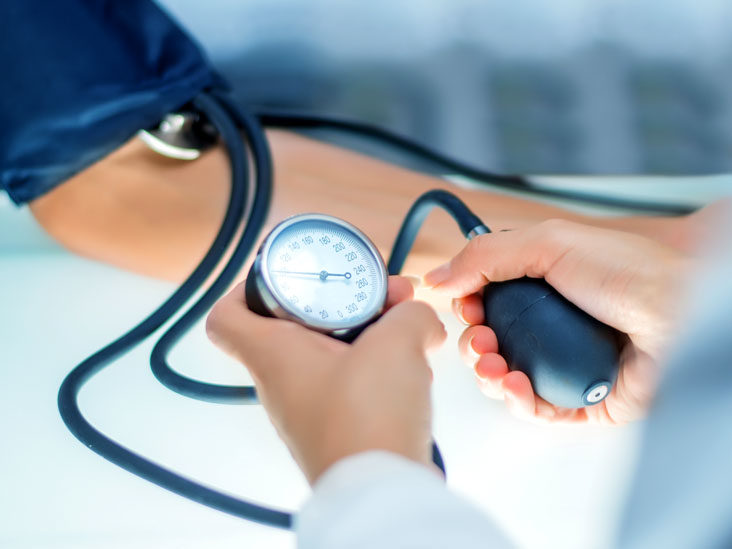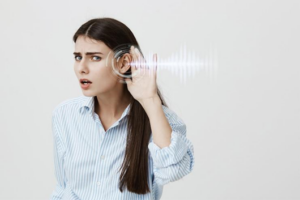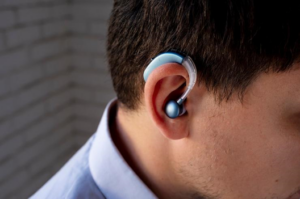
Hypotension is the drop in blood pressure below the limits of 80-60 mmHg. It can pose a risk to the affected person’s life, so it is convenient to know its causes and how to control them.
Blood pressure can be explained as the force at which blood flows through the arteries of our body. It is regulated thanks to the pumping of blood by the heart and the artery walls’ tension. Appropriate levels can vary from person to person, but high limits of 130-90 mmHg (millimeters of mercury) and low limits of 80-60 mmHg are considered normal. People who have blood pressure above these levels have high blood pressure, and those who maintain blood pressure below these levels have low blood pressure.
In general, any drop in blood pressure of more than 20 mmHg can cause symptoms. The person who suffers from them feels dizziness that clouds his vision and ends up causing a faint, which is the most obvious manifestation of this problem. Everyone can suffer from low blood pressure at specific times in their life, no matter how healthy they are. Some people constantly maintain low blood pressure figures. It is estimated that between 10-15% of the population could be in this situation. Still, they are approximate percentages since very few of them will have symptoms regularly and will not consult their doctor.
By name, it would seem that hypertension and low blood pressure are diseases with opposite effects on our body, but that is not entirely the case. High blood pressure is a disease that does not cause symptoms, slowly damages our body and its consequences are serious in the long term. Hypotension is symptomatic very often and can sometimes be a serious and immediate risk to life.
Causes of low blood pressure
Hypotension occurs when the cardiovascular system regulation fails in any of its points, the most important being the heart and main arteries, causing blood pressure to plummet. The most common causes of hypotension are:
- Orthostatic hypotension: when a person goes from sitting or lying to standing, it is natural for blood pressure to drop for a few seconds until the heart adjusts it again. In elderly, dehydrated, sick, or pregnant people, the heart’s regulation can take too long, and hypotension lasts too long. This can also sometimes happen in healthy people, especially after eating, since the heart is much more relaxed and blood flow is concentrated in the digestive system.
- Vasovagal syncope: is the medical name given to fainting or fainting. In most of them, the blood pressure drops because the heart slows down too much. They occur in situations in which the parasympathetic nervous system is stimulated. For this reason, they are very varied causes of fainting and hypotension: having heat, fever, intense pain, having vomited.
- Consumption of medicines or toxins: the most common cause of hypotension in adults is treated with diuretics (used to treat high blood pressure ). Other medications can also cause drops in blood pressure: antidepressants, anxiolytics, pain relievers, and so on. Drugs generally cause high blood pressure, except alcohol which is a frequent cause of hypotension.
- Chronic arterial hypotension causes diffuse symptoms in people who suffer from it, such as weakness, fatigue, drowsiness. It is not a disease in itself but is usually the consequence of some other pathology that decreases blood pressure figures little by little. The most frequent causes of chronic arterial hypotension are Parkinson’s disease, diabetes, anemia, digestive ulcers.
- Hypotensive shock: this is the name given to emergencies in which blood pressure drops sharply to levels that impede blood supply to vital organs. The origin of shock can be heart failure ( heart attack, fibrillation, etc.), sudden arterial dilation (sepsis or medications), or blood loss due to bleeding.
Symptoms of hypotension
The most common symptom of hypotension is fainting. The brain is higher than the heart when we are standing, so blood pressure needs to be high enough to maintain blood flow.
In arterial hypotension situations, the brain lacks its blood supply for a time, and the person suffering from it feels that their vision is blurred. Their muscular strength vanishes until they completely lose consciousness. It usually happens quickly, and they often hit the floor or surrounding furniture when they fall. The person who suffers from them can lose control of the sphincters (urinate), even slightly convulse. Recovery after fainting is very fast. It only takes a few seconds to return to normal.
When the arterial hypotension is chronic, the fainting is also frequent but less characteristic since the body is used to living with lower figures than usual. In this case, the symptoms are much more diffuse and may go unnoticed at first; some of them are:
- Confusion, difficulty concentrating, drowsiness, etc.
- Muscle weakness and fatigue with little effort.
- Paleness of the skin, lips, and conjunctiva due to decreased blood flow.
- Nausea and vomiting
- Chest pain that may resemble a heart attack and palpitations.
- Difficulty breathing, feeling that you are “short of breath.”
- Headache, mild but continuous throughout the day.
- Unsteadiness when walking, dizziness, ringing in the ears, etc.
- Neck pain and stiffness.
- Sleep disturbances with difficulty resting at night.



